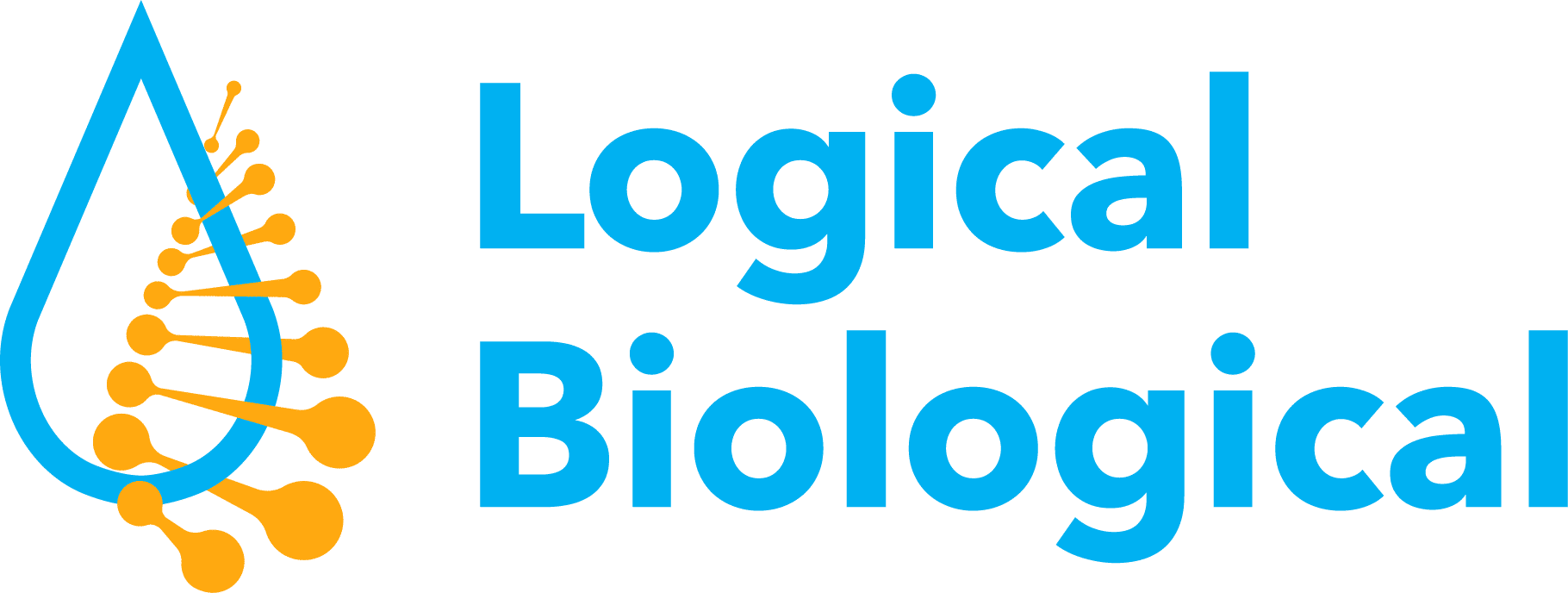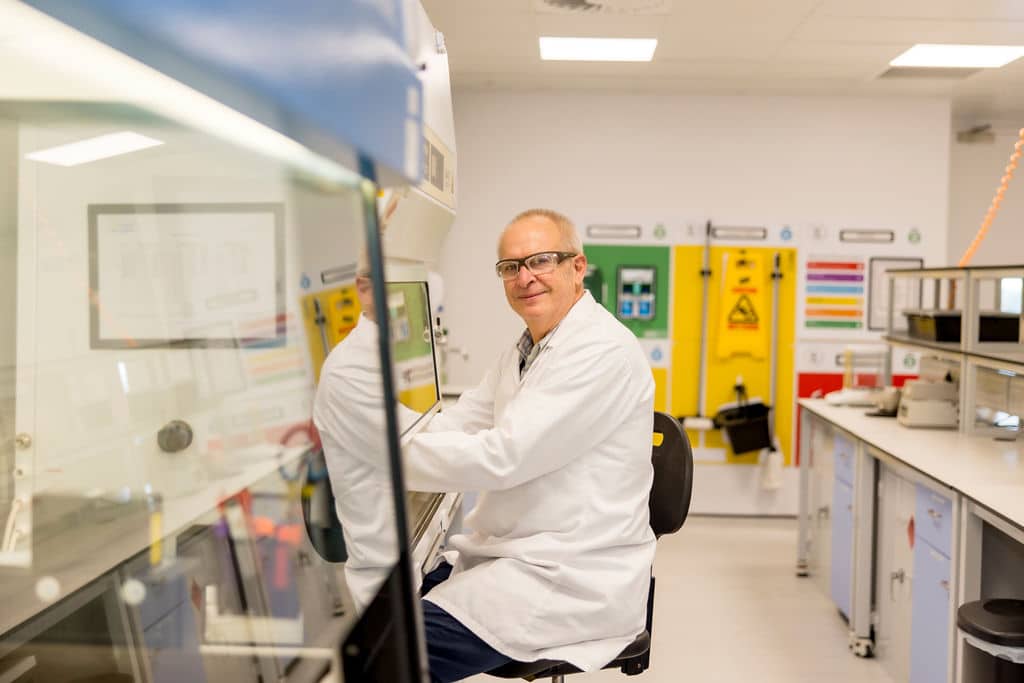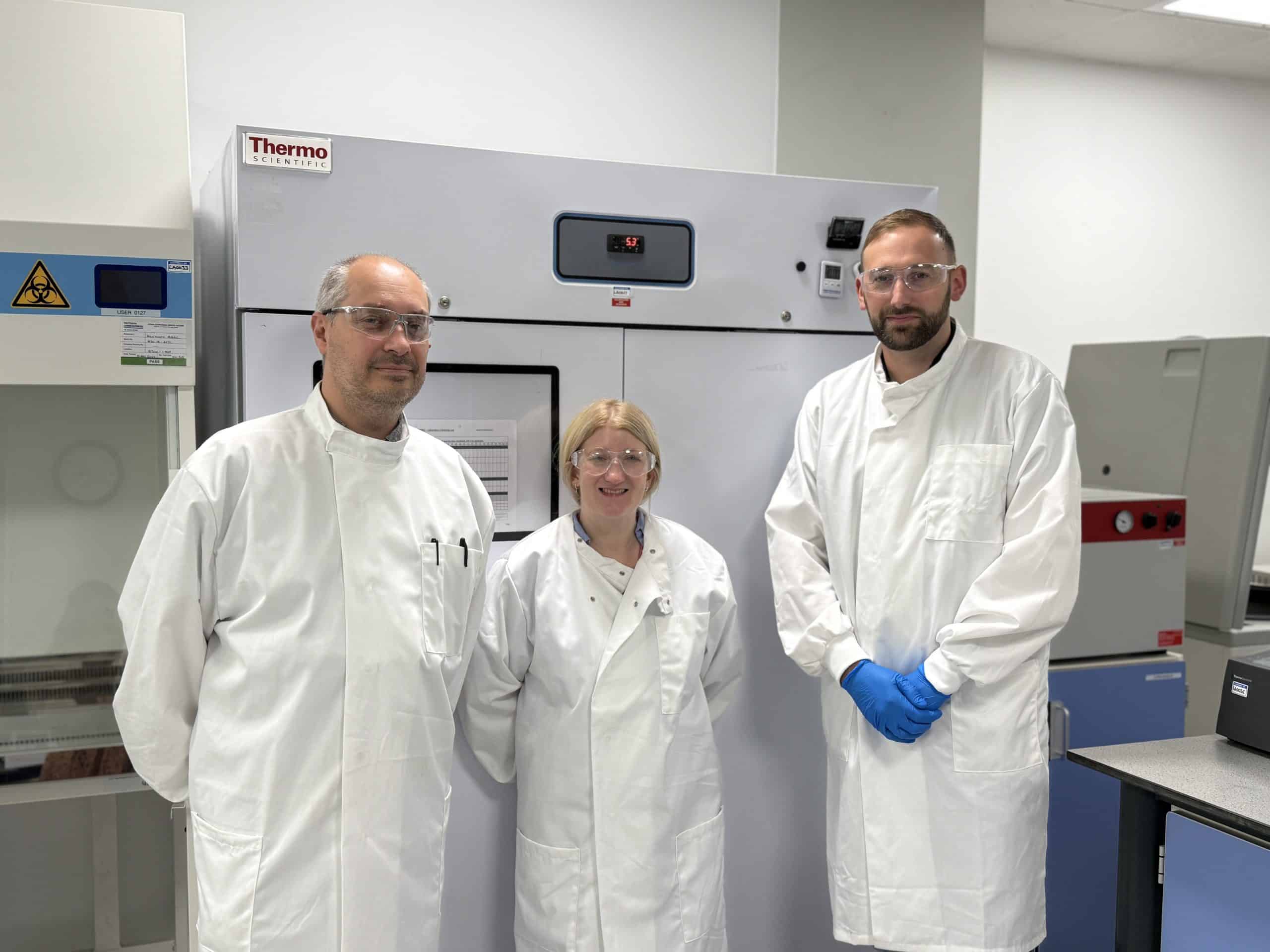Blood donation is a selfless act that not only saves lives but also plays a crucial role in advancing medical research and development and diagnosing patients. In the rapidly evolving field of in-vitro diagnostic (IVD) testing, where accurate, reliable, and timely diagnoses are crucial, the availability of high-quality biospecimens is of utmost importance. Blood, being a highly accessible resource, is an invaluable asset for IVD testing and it is estimated that 118.54 million blood donations are collected worldwide each year. In this blog post, we will explore the importance of blood donation for the IVD industry and highlight the multitude of benefits it offers.
Availability of High-Quality Biospecimens
For diagnostic testing, often the entire blood is not utilized. Instead, it is converted into serum or plasma, which are derived from blood but have distinct compositions and uses in the laboratory setting. Plasma, the liquid component of blood, makes up 55 percent of the total blood volume. It is composed primarily of water, but also contains antibodies, coagulation factors, electrolytes, lipids, and proteins necessary for bodily functions. When blood is collected using an anticoagulant such as EDTA, heparin or citrate, and then centrifuged at high rotations, the blood cells and platelets are separated by centrifugal forces, leaving plasma as the upper layer. In the case of serum, blood is collected without the use of an anticoagulant and allowed to clot at room temperature for 30 minutes. This clotted blood is then centrifuged, leaving a straw-coloured cell-free liquid above the clot known as serum.
Serum or Plasma?
Serum and plasma are often preferred over whole blood in diagnostic testing due to their stability and ease of analysis. It is also possible that red and white blood cells and other components in whole blood can interfere with certain assays. While most of the components are the same for both plasma and serum, plasma contains fibrinogen which is absent in serum therefore making plasma suitable for measuring coagulation factors, additional testing related to blood clotting and for some molecular diagnostic tests, such as PCR, without interference from clotting factors. Serum is generally acceptable for most clinical chemistry assays, but not for all for example, potassium and phosphorus levels may be increased in serum due to release from cells/platelets during the clotting process. Serum would be preferred in cases where fibrinogen interferes with the assay. Ultimately, the choice between plasma and serum depends on the specific testing needs and limitations, which is why diagnostic manufacturers test matched sets i.e., serum and plasma (containing the different anti-coagulants) from the same donor blood lot, to validate the performance of their assay on multiple matrices.
Screening and Diagnosis
One of the critical areas where blood donation significantly contributes is infectious disease screening. Bloodborne pathogens, including HIV, hepatitis B and C, syphilis, and many others, can be detected through serological tests where detection of the antibodies generated by the donor’s immune system in response to the pathogen is diagnostic of the pathogen having been present. The detected antibodies are usually IgG or IgM, and the amount of each of these present can in some cases provide clues as to when the infection took place. By donating blood, individuals provide a valuable resource for creating diagnostic assays that accurately detect and monitor these infections, aiding in timely treatment and prevention.
Monitoring Disease Progression and Treatment Efficacy
Blood samples obtained from donors at different stages of a disease provide a valuable longitudinal perspective. These samples enable healthcare professionals to monitor disease progression, assess treatment efficacy, and personalize patient care. By comparing blood samples over time, medical experts gain insights into how diseases evolve and respond to specific interventions. This knowledge not only helps refine diagnostic methods but also enhances treatment strategies and improves patient outcomes.
Facilitating Research and Development and Enabling Assay Development
Donated blood samples are invaluable resources for advancing medical research, developing innovative diagnostic techniques and validating IVD assay performance. Researchers depend on these biospecimens to investigate the causes, progression, and treatment of various diseases. Blood donations enable scientists to conduct in-depth studies, explore novel biomarkers, and refine diagnostic technologies. These insights contribute to the development of novel IVD assays, allowing for early detection, accurate diagnosis, and personalized treatment strategies. By donating blood, individuals directly contribute to the improvement and expansion of the IVD assay portfolio, empowering healthcare professionals with effective tools to diagnose and monitor diseases with greater precision.
Enhancing Quality Assurance and Test Validation
In-vitro diagnostic tests undergo rigorous validation and quality control processes to ensure accuracy and reliability. Blood donation specimens are used as standardised reference materials and controls, allowing manufacturers to validate the performance of their assays against known standards and laboratories to ensure the performance of the assay over time. By providing biospecimens, blood donors actively participate in the quality assurance processes that underpin the diagnostic testing industry, leading to consistent and trustworthy diagnostic results.
Logical Biological
At Logical Biological we are thankful for the blood donations that enable us to empower the IVD industry by providing a reliable source of human biospecimens. We specialise in the provision of biospecimens from healthy and disease cohorts that are suitable for IVD assay development, validation and the manufacture of control and calibration material. Our biospecimens are collected ethically with donor consent or IRB, as either single donor units or pooled material. Various methods are used to quantify the titre of the samples and provide traceability and donor/ collection information. Material is screened for viruses, and we can provide various plasma anti-coagulants e.g. EDTA, Li-Heparin and citrate. We have a broad range of disease state markers available, so contact us to see how we can support your projects and simplify the sourcing of biospecimens.
Want to hear more from Logical Biological?
Sign up to our newsletter to for the latest updates.
Subscribe Now





)